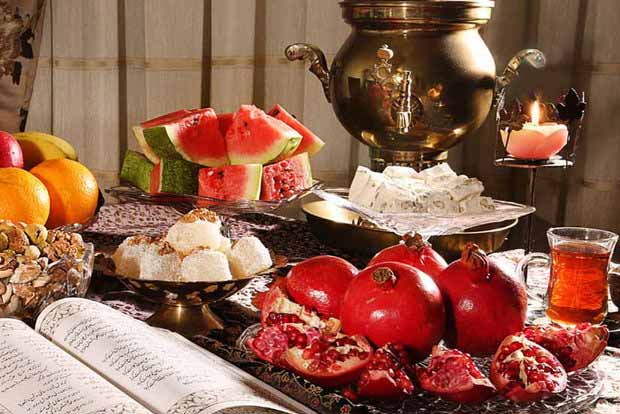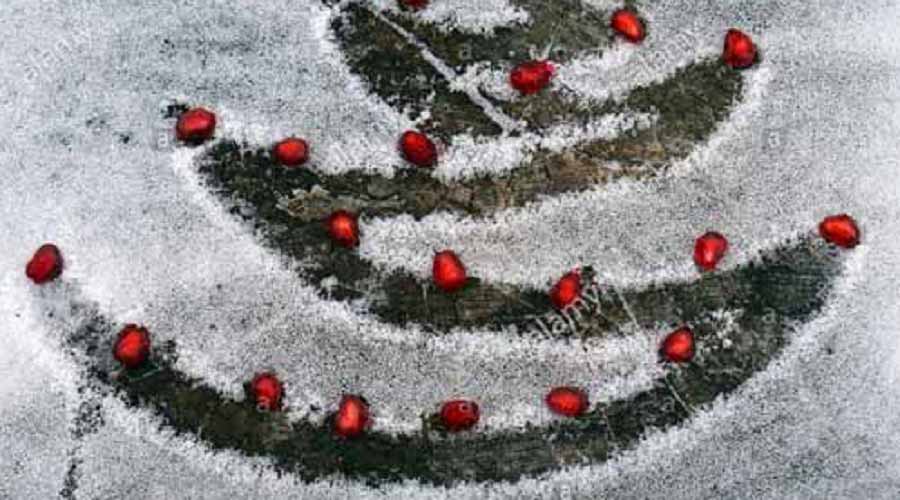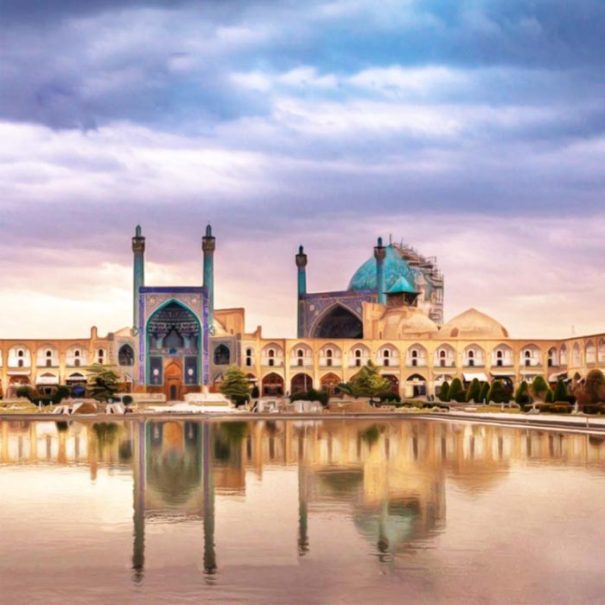DO IRANIAN CELEBRATE CHRISTMAS IN IRAN?? What’s Yalda Night?
It is the holiday season, and most of the corners around the world are decorated with lights, candles, Christmas trees, and so on. But if you travel to Iran at this time, instead of a Christmas tree, you find watermelon everywhere, and everywhere is decorated either with watermelon or pomegranate symbols. But what does it mean?? Watermelon in winter??? Seriously?? How? By celebrating Yalda night!!

Every year, on December 21st, Iranian people around the world prepare themselves to celebrate one of the old ancient celebrations together, which is called Chelleh (Chellah) or Yalda (literally means birth). They celebrate the arrival of winter, the renewal of the sun, and the victory of light over darkness.
Yalda / Chellah has been registered in UNESCO intangible assets. Yalda night is not only celebrated in Iran, but also people in other countries such as Afghanistan, Tajikistan, Uzbekistan, and Turkmenistan celebrate this night. Yalda night is the longest and darkest night of the year, symbolizing many things in Persian poetry; separation from a loved one, loneliness, and waiting. After Yalda night, a transformation takes place – the waiting is over, light shines, and goodness prevails.
HOW YALDA NIGHT IS CELEBRATED?
Family members get together (most often in the house of the eldest member around a KORSI) and stay awake all night long in Yalda night. Foods play a major role in this night; now you can guess why you see watermelon everywhere around this time. Iranians believe eating watermelon can prevent illness during the cold season. Moreover, Pomegranates are reminders of the cycle of life and generations’ rebirth and revival. During this night, people also read Hafez’s poetry. People make a wish and open a book of Hafez, and the first poem they see is the interpretation of the wish and whether and how it will come true.
YALDA, NOËL, JUL AND NATALIS
But what seems really interesting is that, at this specific time of the year, you can find a trace of similarity between rituals and traditions among all nations around the world.
Winter solstices is the origin of many rituals, traditions, and ceremonials around the world; you can find even the roots of this phenomenon in the words of each rite: Yalda celebrating in ancient Iran, Joel (or Yule) saluting in Europe. Yalda means birth. However, the origins of Joel are unknown, although people believe that Joel is derived from Joy. On the other hand, Swedish people say Jul for Christmas, which is really close to Joel. Surprisingly, Joel sounds like Noël in French, which is originated from Natalis in Latin, which means birth. Do you think that all of these words used for the same timeline of the year are coincidences?
Let’s embark on the time machine and travel backward to a long time ago, when Mithraism, a widespread cult before Christianity and even Zoroastrianism, was practiced in the Persian ancient world. In this religion, Yalda night is the birthday of Mithra or Sun.
One of the common stories said Mithraism was publicized in ancient Rome in 100 BC by war captives. It became a worldwide creed by the 4th century, and over 300 temples were constructed in Italy then. By converting the first Roman Empire, Constantine the Great, to Christianity, Christians got the freedom to worship. He nominated Yalda as the birthday of Christ (to use the popularity of Mithraism for spreading Christianity), which is the symbol of light in Christianity, and finally, “sun” day became their holy day.
It is important to keep in mind that by changing calendars over the years, the beginning of winter is also altered. Hence, Yalda, which was on the same day as Christmas (25th of December), moved to 21th of December.
MERRY CHRISTMAS & HAPPY YALDA NIGHT
So, the moral of this story is: No matter where we are from or which religion we practice, we live all on the same planet, and we celebrate the birth of the light, the sun, and life.





